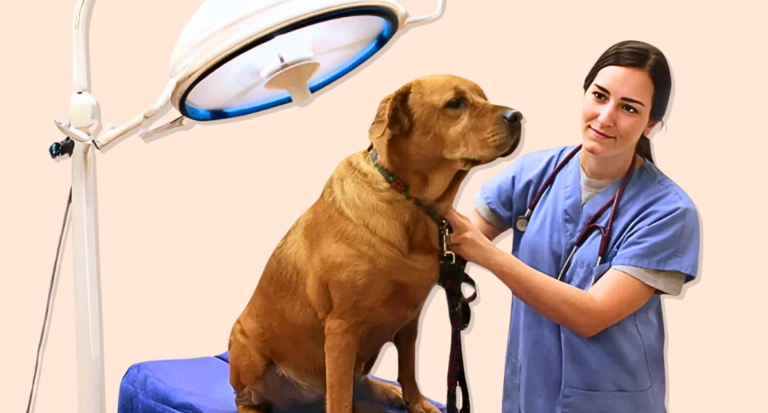You can help ensure your pet has the best time possible during its boarding kennel stay with a little advanced common sense thinking. In the days leading up to your departure, notice the amount of exercise your pet gets on an average day. Compare that to the amount of time the boarding facility will exercise it. If it appears that your pet will be more sedentary at the boarding facility, ask about paying for a few extra walks or runs.
Also any time your pet will be exposed to other animals, you should be concerned about health issues. Before boarding your pet, make sure it’s up-to-date on all vaccinations, as recommended by your veterinarian including something to control fleas and ticks. Although reputable boarding facilities will require proof of vaccinations, parasite controls aren’t normally checked. If your pet isn’t up-to-date on this, it may bring home fleas, ticks or other health problems.
If your pet is due to receive inoculations before being boarded, schedule the shots several weeks prior to your trip. This gives your pet time to build an immunity to the diseases–you don’t want to board it while its immunity is somewhat weakened. To ensure that your dog is protected while it’s away from home, immunize it against rabies, distemper, hepatitis, leptospirosis, parainfluenza, parvovirus and bordetella (kennel cough). Cats should be immunized against rabies, distemper, feline rhinotracheitis, calci virus and pneumonitis.
It’s just as important to your pet that the other pets at the boarding facility are immunized as well. Ask if proof of vaccinations is required when an animal is dropped off and which vaccinations are required. Immunizations are not 100 percent effective, and the best way to ensure that your pet stays healthy is to make sure all of the other animals around are healthy as well.
And why not before you drop off Fido at the boarding facility, make sure he’ll eat his food without any additions. If you like to feed Fido treats, feed him pet treats, not table scraps. Then send a package of those treats with him to the boarding facility. If your pet has a favorite toy or bed, send it along to the boarding facility as well.
And finally before you head for the kennel, double-check that you have your pet’s medications and special food (if any), your veterinarian’s phone number, and contact information for you and a local backup.
When you arrive with your pet at the kennel, remind the staff about any medical or behavior problems your pet has, such as a fear of thunder. After the check-in process, hand your pet to a staff member, say good-bye, and leave. Avoid long, emotional partings, which may upset your pet.
Finally, have a good trip, knowing that your pet is in good hands and will be happy to see you when you return.





